Shocking: Tiny Liechtenstein Ranks World's Richest Country
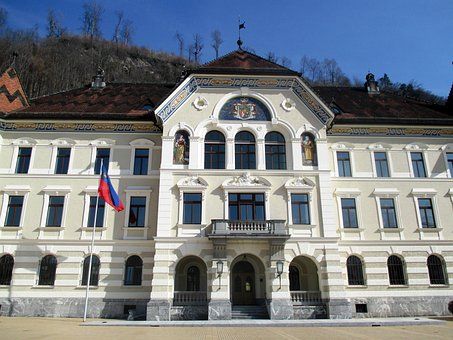
Liechtenstein, a small country located in the heart of Europe, is considered the wealthiest nation on earth. With a population of just over 38,000 people, this tiny country has a Gross Domestic Product (GDP) per capita of over $140,000, making it the richest country in the world. In this article, we will explore the reasons why Liechtenstein has become so wealthy, its economy and its unique position in Europe.
One of the main reasons why Liechtenstein has become so wealthy is its low tax regime. The country has a flat tax rate of 12.5% for both individuals and corporations, which is one of the lowest in the world. This has made Liechtenstein a popular destination for wealthy individuals and companies looking to reduce their tax liability.
The country's tax laws have also made it an attractive location for international financial institutions, which has helped to drive economic growth and increase the country's wealth.
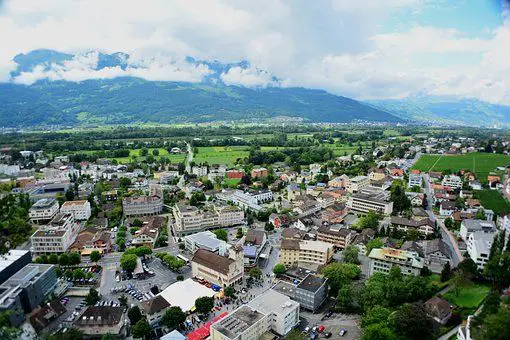
Another factor contributing to Liechtenstein's wealth is its strong economy. The country has a well-developed and diversified economy, with a focus on industries such as finance, tourism, and manufacturing.
The financial sector is particularly important to the country's economy, accounting for over 25% of its GDP. Liechtenstein is home to several international banks, as well as numerous private banking institutions, which provide services to wealthy clients from around the world.
Tourism is also a significant contributor to the country's economy. Liechtenstein is a popular destination for tourists due to its picturesque landscapes, rich cultural heritage, and beautiful architecture. In recent years, the country has also become known for its luxury tourism offering, with several high-end hotels and resorts catering to wealthy travelers.
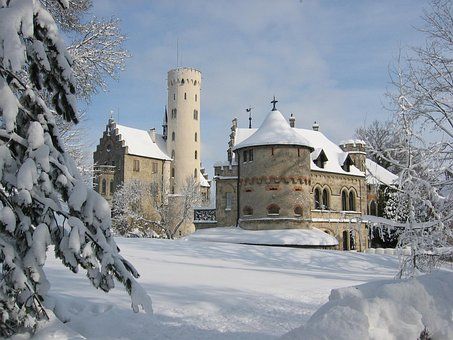
Manufacturing is another key industry in Liechtenstein, with a particular emphasis on precision engineering and high-tech products. The country has a long history of innovation and technological advancement, which has helped to establish its reputation as a hub of technological expertise. Companies such as Hilti, the global leader in manufacturing power tools, are based in Liechtenstein and contribute significantly to the country's economy.
The country's unique position in Europe also contributes to its wealth. Liechtenstein is a landlocked country located between Switzerland and Austria, and it has close ties with both of these countries.
The country is part of the European Economic Area (EEA), which provides access to the single market of the European Union (EU), and it has a customs union with Switzerland. This gives Liechtenstein access to a large market of over 500 million consumers, which has helped to drive economic growth and increase the country's wealth.
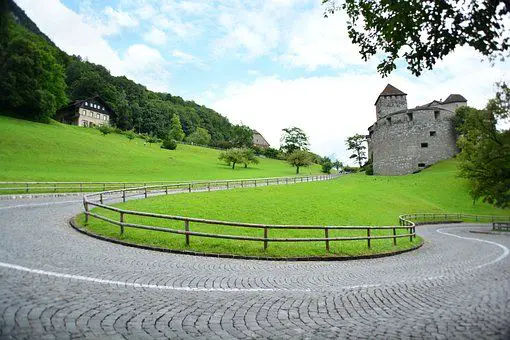
In conclusion, Liechtenstein is the richest country on earth due to a combination of factors including its low tax regime, strong economy, and unique position in Europe. The country's diversified economy, with a focus on industries such as finance, tourism, and manufacturing, has helped to drive economic growth and increase its wealth.
Additionally, its close ties with other wealthy countries in Europe have provided Liechtenstein with access to a large market and a wealth of opportunities for economic growth.
As the wealthiest country in the world, Liechtenstein is a model for other nations looking to achieve economic prosperity. By embracing innovation, developing a strong economy, and creating a favorable tax environment, Liechtenstein has been able to establish itself as a global leader in wealth and prosperity.
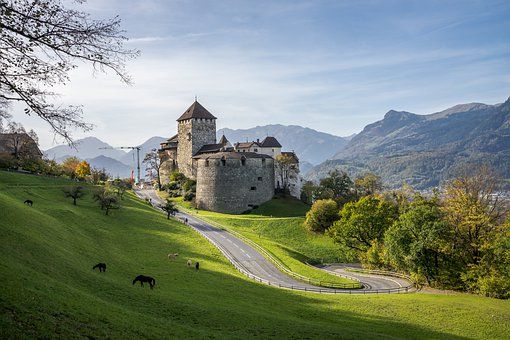
That's correct! The transformation of Liechtenstein from poverty to prosperity took nearly a century. The country's affiliation with the Austro-Hungarian Empire and the subsequent collapse of the Austrian monetary system had a significant impact on the country's economy.
The customs and monetary union with Switzerland allowed Liechtenstein to stabilize its economy and eventually develop into a modern, industrial, and service industry state.
In addition to the customs and monetary union with Switzerland, Liechtenstein's transformation was also aided by its favorable tax policies and its focus on developing its financial sector. The country has become known as a hub for international banking and investment and has a thriving financial services industry.
Today, Liechtenstein is the wealthiest nation in the world, with a high standard of living and a thriving economy. The country has come a long way from its days of poverty and desperation and serves as a great example of how determination, innovative thinking, and strategic partnerships can lead to success.
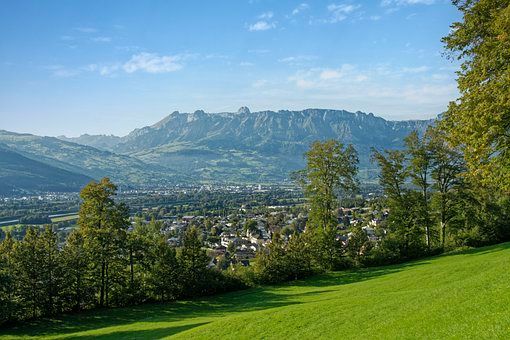
In 1955, Liechtenstein marketed itself as a tax haven, offering low taxes to both its citizens and foreign corporations. The top tax rate at the time was only 1.4%. The country's favorable tax policies and scenic mountain views attracted foreign corporations to establish their headquarters there.
However, the transition to prosperity was not immediate, and the ruling family faced financial difficulties in the 1960s, resulting in the sale of valuable Old Master paintings, including a Leonardo da Vinci piece and several works by Breughel.
However, by the 1970s, Liechtenstein experienced a period of economic growth and prosperity. The country's economy was thriving and was characterized as a prosperous, highly industrialized, free-market economy with a strong financial services sector according to the CIA World Factbook.
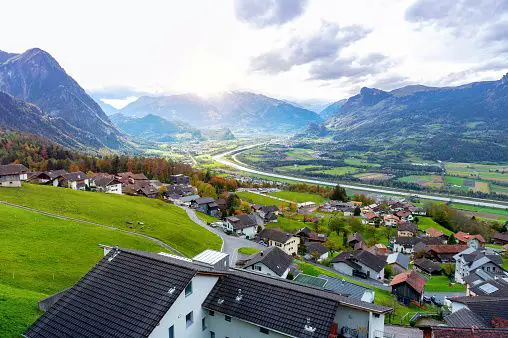
In recent years, Liechtenstein has faced criticism for its lack of transparency in its banking and tax systems. The country was included on the EU blacklist of nations that did not cooperate with tax investigations.
Until 2009, Liechtenstein's stance on tax evasion and tax fraud caused issues with German and US tax authorities, as they only provided foreign nations with data in cases of tax fraud.
Despite this, Liechtenstein continues to be viewed as a tax haven by some. For example, the LGT Bank, owned by the royal family, was accused by a US Senate subcommittee of assisting clients in evading taxes, avoiding creditors, and disregarding court orders.
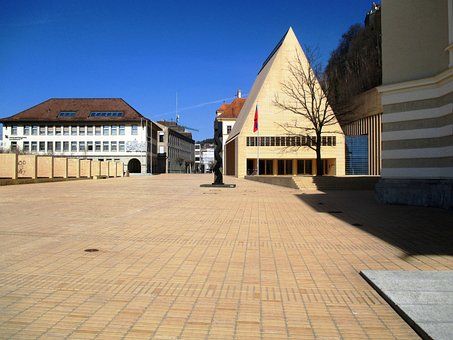
Despite its strong economy, Liechtenstein still maintains a peaceful, serene atmosphere, with strict regulations even beyond its royalty and picturesque castles. Residents are discouraged from engaging in loud activities such as lawn mowing or partying during designated quiet hours, which even include lunchtime.
The country also has a state-mandated week of sports holiday in February or March. The absence of an airport or a state railway system means that residents and workers depend on the bus network for transportation.
Politically, Liechtenstein has also lagged behind, as it did not grant women the right to vote until 1984. The country is ruled by two princes - the head of state, Hans Adam II, and his son, Alois, who handles day-to-day duties - both of whom had careers as a banker and an accountant prior to their roles.
Since 2003, they have been granted the power to veto parliamentary decisions, appoint judges, and dismiss the government. Although the princes reside in a castle on a hill, they closely monitor the affairs of the country.
